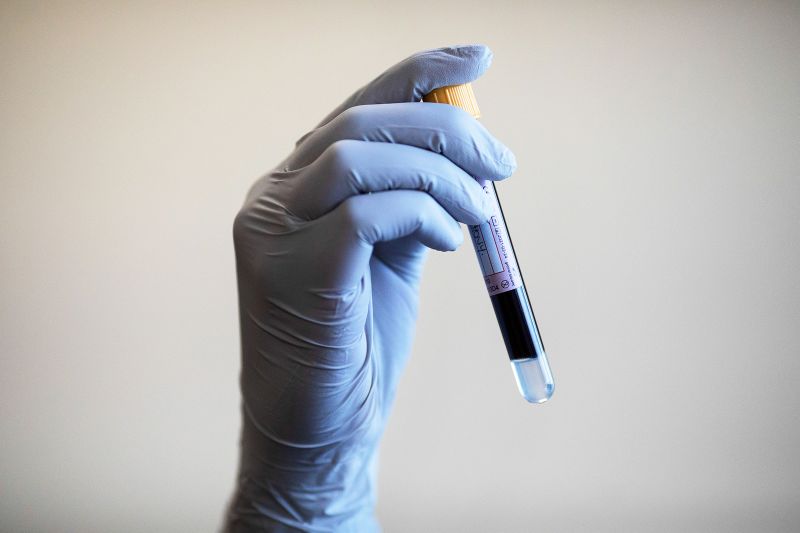
About 7% of participants in a British study tested positive for coronavirus antibodies, according to results from the first month of the nationwide study.
The test results, which indicate previous infection with coronavirus, ranged from 10.4% of Londoners to about 4.4% of people living in the southwest of England and Scotland.
The widespread United Kingdom serology, or antibody, study uses volunteers for a much larger, ongoing health study called the UK Biobank. UK Biobank has collected samples and health information from 500,000 volunteers for research.
The researchers have recruited more than 20,000 volunteers from regions across the UK for the coronavirus antibody study. They are being asked to provide monthly blood samples that the Oxford University-based Target Discovery Institute will test for the antibodies.
The first round of results focused on 17,776 participant samples, taken in May and June. Nationally, 7.1% were positive for Covid-19 antibodies, the researchers reported on the Biobank website. Just under 11% of people under 30 had antibodies, compared to 5.4% of those over 70.
The results confirm other studies that indicate Black, Asian and minority ethnic groups appeared to be hardest hit by Covid-19, which is consistent with findings from the United States.
Among Black participants, about 11.3% tested positive for antibodies, as opposed to 6.9% of White participants. Researchers noted that the differences between ethnic groups could not be fully explained by age or place of residence. But previous infection was also higher among those living in lower socioeconomic areas.
The team says that their continued research will provide insight into the way antibody levels change over time, hopefully answering questions about immunity, reinfection and the impact of stay-at-home orders.
COVID-19 - Latest - Google News
August 01, 2020 at 11:23AM
https://ift.tt/3gkvUTZ
The latest on the coronavirus pandemic: Live updates - CNN
COVID-19 - Latest - Google News
https://ift.tt/2SmHWC3
Bagikan Berita Ini














0 Response to "The latest on the coronavirus pandemic: Live updates - CNN"
Post a Comment